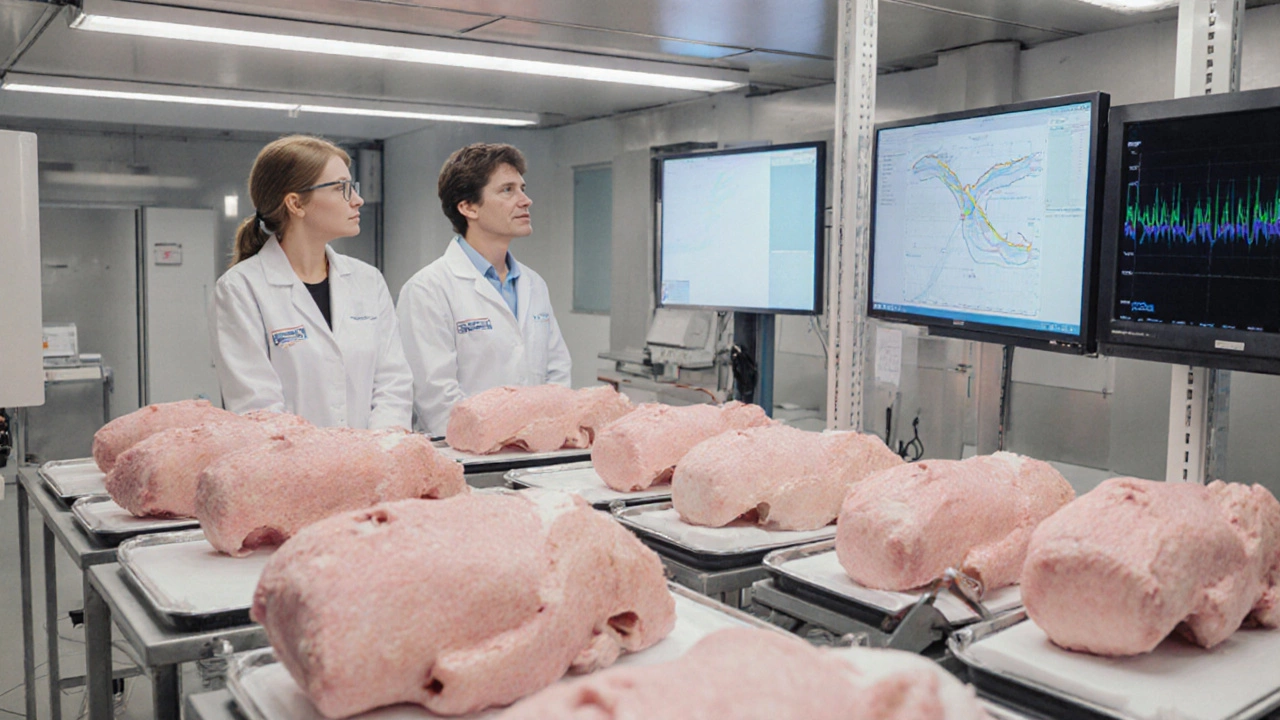L'Oreal ethical: Is L'Oréal truly ethical in cosmetics?
When you see L'Oreal, the world's largest cosmetics company, known for brands like Lancôme, Maybelline, and Kiehl's. Also known as L'Oréal Group, it controls nearly 10% of the global beauty market, you might wonder: is it ethical? The answer isn’t simple. L'Oréal claims it doesn’t test on animals and invests in alternative testing methods. But it still sells in countries like China where animal testing is required by law for imported cosmetics. That means, even if L'Oréal doesn’t test directly, its products may be tested on animals by third parties before they hit shelves.
That’s why many people look beyond the brand name. cruelty-free makeup, products that have never been tested on animals at any stage of development isn’t just about the brand’s policy—it’s about where and how they sell. ethical cosmetics, a broader term covering animal welfare, environmental impact, fair labor, and transparent sourcing includes things like recyclable packaging, carbon-neutral manufacturing, and avoiding conflict minerals. L'Oréal has made public commitments to reduce its carbon footprint and use more sustainable ingredients, but critics point out that these efforts are often overshadowed by its massive scale and inconsistent practices across regions.
If you care about L'Oréal animal testing, whether the company or its suppliers conduct or pay for animal tests, you need to dig deeper than marketing claims. Look for third-party certifications like Leaping Bunny or PETA’s Beauty Without Bunnies. These require full supply chain transparency. L'Oréal doesn’t hold those certifications for its main brands. Meanwhile, smaller brands like Fenty Beauty or The Body Shop have earned trust by making cruelty-free and ethical practices non-negotiable.
And it’s not just about animals. L'Oréal sustainability, its efforts to reduce plastic waste, water use, and emissions across production and distribution is a mixed bag. They’ve launched refillable packaging for some lines and pledged to make 100% of plastic packaging recyclable by 2025. But with over 35 brands and thousands of products, progress is uneven. Some products still use non-recyclable materials, and their supply chain remains opaque in many areas.
So what does this mean for you? If you want to support ethical beauty, you don’t have to choose between big brands and small ones. You just need to know what matters most to you. Is it no animal testing? Zero plastic? Fair wages for workers? The posts below break down exactly what L'Oréal does—and doesn’t do—when it comes to ethics. You’ll find clear comparisons with other brands, real reviews of their sustainability claims, and practical tips to spot greenwashing. Whether you’re switching to cruelty-free products or just trying to make smarter choices, you’ll walk away with a checklist you can use every time you shop.
Does L'Oreal Test on Animals? The Truth About Cruelty-Free Claims
L’Oréal claims not to test on animals, but still sells in China where animal testing is required by law. Learn the truth behind their cruelty-free claims and what it means for your makeup choices.

